The John H. Jackson Moot Court Competition – A Career Booster
Few experiences in my life have shaped my academic and professional path the way that the John H. Jackson Moot Court Competition (JHJMCC) did. During the course of approximately 9 months, the JHJMCC allowed me to sharpen all the essential skillsets any legal practitioner needs to possess: the ability to work in a team, persistence, critical thinking as well as impeccable oral and written advocacy skills.
The preparatory phase
My JHJ journey began in June 2021 when the team members were selected by the chair of Professor Matthias Oesch at the Law Faculty of the University of Zurich. During the summer of 2021, we were assigned some of the essential readings of the WTO law literature in order to familiarize ourselves with the WTO system and its distinctive dispute resolution mechanism. Even though the JHJ cases are usually limited to one or two fields of WTO law, a good understanding of the broader system enables the participants to argue not only on a micro (legal) level but also to invoke larger policy objectives of the WTO. This aspect turned out to be of utmost importance during the advanced pleading rounds.
In early September, the official meetings of my team started with a couple of social events and a meeting with former moot court participants and coaches. Those early meetings established the basis for a very good team dynamic, which proved to be a crucial ingredient for our successful journey.
The written submissions phase
The 2021/2022 case was published in mid-September 2021. The following phase, i.e. the drafting of the written submissions, is certainly the most intense period of the entire moot court. All-nighters and heated discussions within the team formed an integral part of the experience, but also hearty laughter as well as shared pizzas. We intensely discussed arguments, and agreed on what seemed a final conclusion, only to come back the next morning and discard the entire idea – and start from scratch. However, this rethinking and rewriting of arguments enabled us to sharpen our legal reasoning and significantly improve our legal writing skills. Two assets are indispensable for any legal practitioner or scholar.
Already during the written submissions phase, our coach put great emphasis on pleadings in the early stages of the competition. While my team and I didn’t necessarily comprehend the purpose of such early-stage pleadings (given that the arguments in our written submissions frequently changed), it proved to be very beneficial for our oral advocacy skills and consequently for our performance during the competition. Eventually, the mantra for improvement of any other skill applies equally to pleading skills: practice makes perfect. And the more pleading experience a team can gather until the Regional Rounds, the better it will perform.
The mooting experience
In February 2022, the first European Regional Round took place online. Most of the pleadings went smoothly, however, some teams reported connection problems with certain panellists during their pleadings. Even though we had conducted a lot of mock pleadings at that point, we were faced with very challenging questions about which we haven’t had thought before. Nevertheless, my team and I managed to emerge as the best team of the first European Regional Round and thereby qualified for the Final Oral Round, where the best 24 teams from all the Regional Rounds compete against each other.
The Final Oral Round took place physically in June and July 2022 at the impressive WTO headquarters in Geneva, Switzerland. For the first time, my team and I got to actually meet other teams in person and do some networking with other participants and panellists at the social events organized by ELSA. The difference between in-person and online pleadings turned out to be significant. Any delay between a question asked by a panellist and the response seems a lot longer when pleadings are conducted in person. In addition, I had the impression that teamwork is appreciated and noticed far more than online. With the brilliant performance of all four of our team members, we managed to enter the Grand Final of the Final Oral Round. The panel of the Grand Final was composed of 7 experts in WTO law, including Ms Angela Paolini Ellard, one of the four Deputy Director-Generals of the WTO, and was live-streamed on YouTube. Despite very challenging questions by the panellists and brilliant opponents, we managed to win the 20th edition of the JHJ.
Post moot-court experience
During an internship following the JHJ in a law firm in Geneva, I was able to gain insight into the WTO law practice and also benefit from the networking I could do during the competition. This opportunity resulted most likely only because of the experience I gathered during the competition. Furthermore, I am convinced that the advocacy skills I acquired will be very beneficial for my future career as a legal practitioner.
Conclusion
The JHJ is an excellent opportunity to develop written and oral advocacy skills and to meet law students and experts in WTO law from all over the globe. Participants also gain a unique insight into the workings of the WTO dispute resolution mechanism, legal order and dispute resolution system which is unknown to most law students. Therefore, the JHJ is a veritable career booster for any law student.
Robert Matic
Participant in the 20th Edition of the JHJMCC

